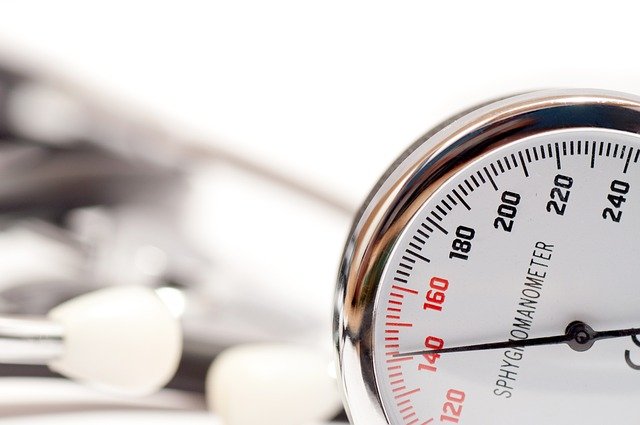
In a newly reported study, researchers find home blood pressure monitoring improved hypertension control and saved medical costs.
Home monitoring combined with doctor visits to measure a patient’s blood pressure helps to avoid numbers skewed by “white-coat hypertension”.
This is a condition when blood pressure is high in a medical setting but not in everyday life, and “masked hypertension,” when blood pressure is normal in a medical setting but high at home.
Experts have suggested that home blood pressure monitoring is very important for high blood pressure management.
However, home blood pressure monitoring isn’t a common part of most treatment plans.
Based on trends noted during medical record reviews, researchers estimate that less than one in five providers were including home blood pressure monitoring for hypertension patients.
In the study, the researchers examined how an intervention that provided free home blood pressure monitors, online and print resources for tracking their readings, and monitoring reminders influenced 2,550 adult patients with persistent uncontrolled high blood pressure.
In each case, the patient’s provider would know the patient received a free at-home blood pressure monitor and resources for how to use it.
The results showed that by the 3rd office visit, nearly 67% of patients had their blood pressure controlled.
In addition, nearly 60% of patients had blood pressure control by their sixth visit.
The researchers suggest the decline from the third to sixth visit is due to providers’ adjusting blood pressure medications based on information from home blood pressure monitoring.
Patients only had to see their doctors a few times to settle on the ideal medication amount.
The finding showed that at the end of the intervention, systolic blood pressures had decreased an average 16.9 mmHg and diastolic blood pressures fell an average 6.5 mmHg.
Moreover, in the six months after the intervention, nearly 80% of the participants achieved blood pressure under control.
The lead researcher is Roy R. Champion, clinical quality R.N. at Scott and White Health Plan, Temple, Texas. An American Heart Association grant funded this study.
The study was presented at the American Heart Association’s Joint Hypertension 2018 Scientific Sessions.
Copyright © 2018 Knowridge Science Report. All rights reserved.
Source: American Heart Association.



